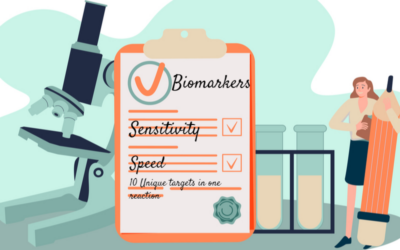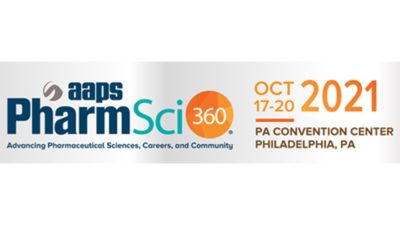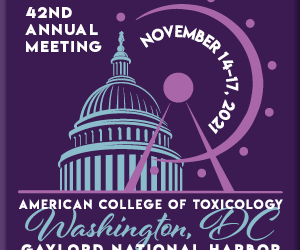For more than 20 years, WuXi AppTec has been a leader in developing and validating biomarker methods to support drug development and clinical research. It has used cutting-edge technology to validate hundreds of biomarkers on most major platforms with the aim of...
Jesper Wrangle
Q&A: How Preclinical Toxicology Contributes to Successful IND Applications
Preclinical toxicology testing on new molecules is essential. Researchers use toxicity tests to identify specific adverse effects related to cancer, cardiotoxicity and skin/eye irritation and sensitization. These in vitro and in vivo studies combine with accidental...
The Vital Role Of Toxicity Studies In Evaluating New Drugs
The evaluation of toxicity in a new drug is a very thorough process, so that by the end of the testing, scientists will have compiled all the necessary data to understand the full safety profile of the potential new drug. During that nonclinical evaluation, there are...
Navigating 505(b)(1), 505(b)(2) and 505(j) Drug Approval Pathways
Introducing new drug candidates to preclinical testing is a complex and time-consuming endeavor. It can cost developers more than $1 billion and take a decade to bring a new drug to market. Success rates vary depending on therapeutic area, but a recent study from...
The Complex Process of Developing a Living Protocol
There are times in the laboratory when experienced scientists may question the direction in a protocol. Their experience, having worked on so many studies, may tempt them to consider conducting the testing a little differently than the directions provided to them. If...
How Bioanalytical Laboratory Automation Improves Timelines and Accuracy
It is challenging to find a fully automated bioanalytical laboratory, but doing so can help drug developers stay competitive in today’s market. A fully automated laboratory can perform controlled and error-free assays, dramatically improving the accuracy and...
Oligonucleotide Development: History, Pain Points & Bioanalytical Considerations
Updated June 2025 As new modalities in drug development gain popularity, we are in an exciting place to treat and prevent complex disease states. Researchers have been making great strides in the development of oligonucleotides, otherwise known as “oligos.” Though...
Basic Questions Developers Are Asking About In Vitro-In Vivo Extrapolation
In Vitro-In Vivo Extrapolation (IVIVE) is an emerging discipline that helps researchers predict the rate at which compounds metabolize within the human liver and are eliminated from the body (i.e., human clearance rate). Put simply, IVIVE uses in vitro methods to...
Join WuXi AppTec at the 2021 American Association of Pharmaceutical Scientists PharmSci 360
WuXi AppTec is looking forward to this year's American Association of Pharmaceutical Scientists (AAPS) annual meeting—known as "PharmSci 360"—on Oct. 17-20. PharmSci 360 is being held at the Pennsylvania Convention Center located in Philadelphia's Center City...
Join WuXi AppTec at the 42nd American College of Toxicology Annual Meeting
WuXi AppTec is excited to exhibit at this year’s 42nd Annual Meeting of the American College of Toxicology (ACT). The event runs from November 14-17, 2021, and will be held at Gaylord National Harbor located just outside Washington D.C. The ACT Annual Meeting brings...
In The News: WuXi AppTec Experts In The Drug Development Community (Jan-July 2021)
WuXi AppTec Laboratory Testing Division experts continually weigh in on emerging trends and stay updated on salient drug development topics. These experts routinely contribute to industry publications. Here’s where they’ve been featured in the first half of 2021....
Testing Toxicity to Advance to Phase I Clinical Trials
Preclinical research teams enter each drug testing project with the same hope – that the drug will meet all the safety requirements in order to advance to phase I clinical trials in humans. In laboratory experiments, scientists will test their ideas for new...











